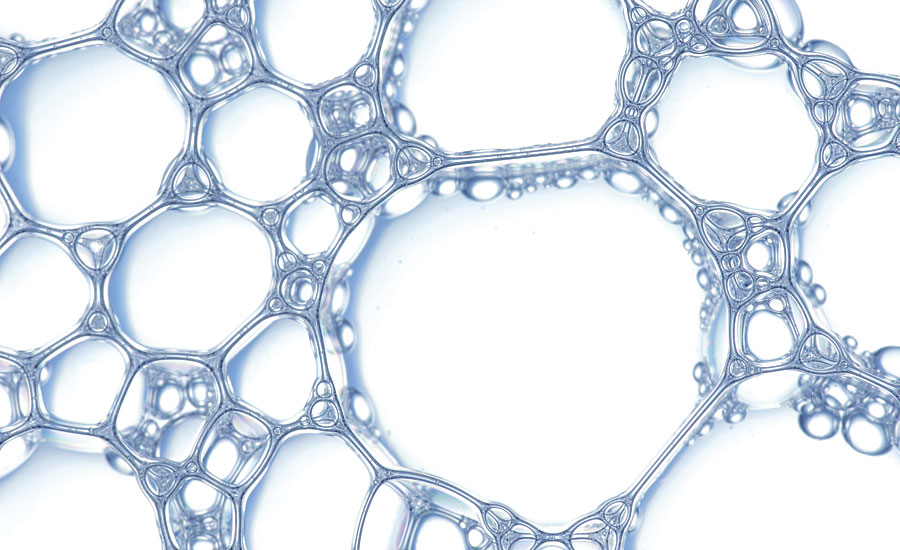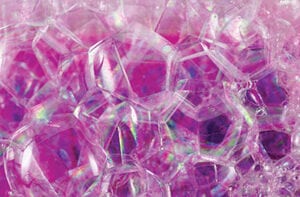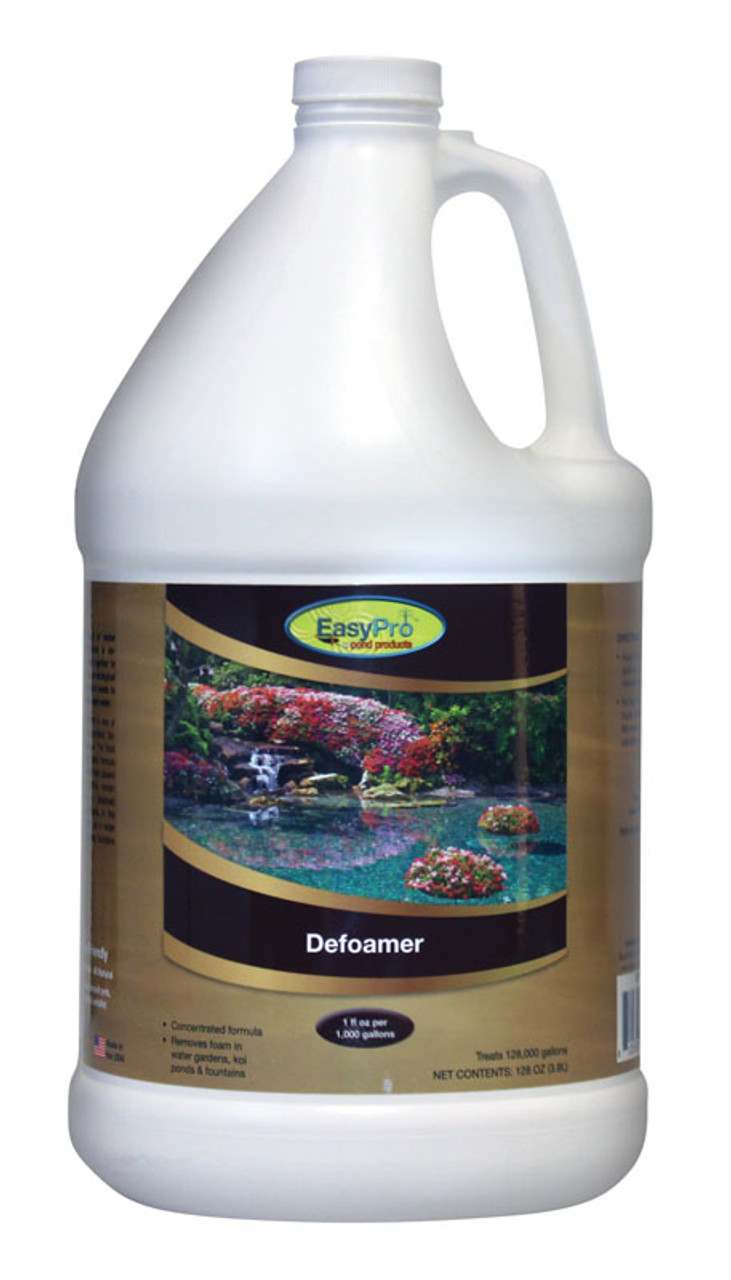Defoamers: Key Solutions for Managing Foam in Various Processes
Defoamers: Key Solutions for Managing Foam in Various Processes
Blog Article
The Role of Defoamers in Enhancing Product High Quality and Efficiency
Defoamers offer as essential additives that alleviate this concern, ensuring smoother manufacturing process while enhancing the practical and aesthetic attributes of the last products. The choice of the appropriate defoamer can be important to attaining optimal outcomes, increasing crucial concerns regarding formula compatibility and performance metrics that warrant additional expedition.
Recognizing Defoamers
Comprehending the role of defoamers is necessary for keeping product high quality throughout numerous industries. Defoamers are chemical additives developed to prevent the development and minimize of foam in liquid systems, which can negatively influence processes such as mixing, loading, and surface stress. Frothing can lead to inadequacies, product problems, and jeopardized visual allure, making defoamers an important component in making operations.
In industrial applications, defoamers assist to improve item uniformity and stability. For example, in the paint and layers market, foam can disrupt the application process and the final surface. Similarly, in food and beverage manufacturing, excessive foam can hinder bottling and packaging performance (defoamers). The effective use defoamers not only makes certain smoother manufacturing procedures yet additionally adds to remarkable item efficiency.
Furthermore, the selection and formulation of a defoamer have to align with specific application demands, such as compatibility with various other components, efficiency under varying temperature level and pH problems, and possible governing constraints. Inevitably, understanding defoamers' functions and their relevance in numerous formulations is important for maximizing manufacturing and ensuring the finest final result.
Kinds Of Defoamers
Defoamers can be classified into several types based upon their structure and system of activity. The main types consist of silicone-based, non-silicone natural, and inorganic defoamers.
Silicone-based defoamers are amongst the most effective, mostly because of their capability to spread swiftly on the fluid surface and interfere with foam development. Their special chemical framework permits remarkable stability, making them ideal for high-temperature applications and settings with differing pH levels.
Non-silicone natural defoamers, commonly made up of all-natural oils or fats, are valued for their biodegradability and reduced toxicity. These are typically used in food and beverage applications where safety and security and environmental effect are vital.
Not natural defoamers, which consist of materials like talc or calcium carbonate, act by boosting the thickness of the fluid, therefore reducing foam stability. They are frequently utilized in industrial procedures where compatibility with other products is not a worry.
Each kind of defoamer has distinct benefits and constraints, enabling tailored services depending upon the certain lathering issues run into in numerous applications. Recognizing these distinctions is essential for maximizing performance and attaining preferred item quality.
Applications Across Industries
Many sectors take advantage of defoamers to improve item high quality and operational performance. In the food and beverage field, defoamers are crucial in processes such as brewing and dairy production to avoid foam formation, which can bring about ineffectiveness and product incongruity. By managing foam, manufacturers can make certain far better yield and a more uniform item.
In the pharmaceutical market, defoamers play a vital role in the formula of liquid medicines, where too much foam can hinder mixing and accurate dosing. Their usage aids preserve the stability of the formulas and promotes smoother production processes.
The paint and finishes industry also counts on defoamers to boost the performance of items during application. By decreasing foam, these additives make sure a smoother surface and enhance the aesthetic top qualities of the last product.

Benefits of Making Use Of Defoamers
While the application of defoamers differs across markets, their advantages regularly improve product top quality and procedure effectiveness. One considerable advantage is the decrease of foam development throughout manufacturing processes, which can otherwise bring about manufacturing delays and disparities in product top quality. By reducing foam, defoamers enable a smoother flow of products, helping with more efficient operations and reducing the probability of equipment breakdowns.
Additionally, using defoamers can improve the appearance and texture of final items. In industries such as coatings, paints, and food handling, extreme foam can endanger the visual looks and overall top quality, while the appropriate defoamer application ensures a consistent finish and preferable attributes. In addition, defoamers can contribute to cost savings by reducing waste during manufacturing and optimizing making use of basic materials (defoamers).

Choosing the Right Defoamer
Picking the appropriate defoamer click here to find out more is essential for maximizing manufacturing processes and making certain item quality. The option of defoamer influences not only the efficiency of foam control but likewise the total performance qualities of the final product. Factors to take into consideration consist of the kind of application, the chemistry of the formula, and the environmental problems under which the item will certainly be made use of.
Various markets may require specific defoamer kinds, such as silicone-based, natural, or polymeric defoamers. Recognizing the compatibility of the defoamer with the primary ingredients is necessary to prevent adverse reactions that could compromise item integrity. In addition, the defoamer's efficiency in various temperature levels and pH degrees need to be examined to guarantee regular performance.
Evaluating the defoamer in small-scale applications can provide useful understandings right into its performance and suitability. Consideration of governing conformity, specifically in food, drugs, and cosmetics, is paramount try here in picking a defoamer. Eventually, a thorough evaluation of these factors will certainly cause the selection of a defoamer that not just controls foam efficiently however additionally boosts the high quality and efficiency of the end product.
Conclusion

To conclude, defoamers are crucial additives that significantly enhance product top quality and performance across different markets. By efficiently lowering foam formation, these representatives not only boost functional performance but likewise add to the functional and aesthetic integrity of products. The tactical selection and application of defoamers result in cost savings, enhanced source usage, and raised client satisfaction. Overall, the value of defoamers in industrial procedures can not be overstated, as they play an important duty in accomplishing consistent and high-quality end results.
Foaming can lead to inefficiencies, product defects, and endangered visual allure, making defoamers a critical part in making operations.

Report this page